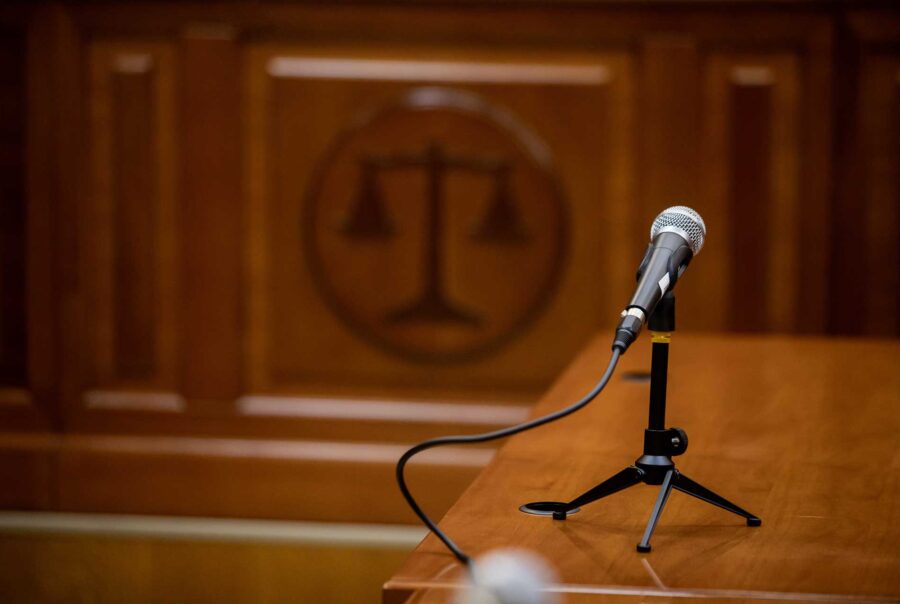Technical Expert Testimony
Dr. Gabriel Chan
Dr. Gabriel Chan, Associate Professor at the University of Minnesota, submitted expert testimony in a case before the Illinois Commerce Commission determining if ComEd’s Multi-Year Integrated Grid Plan was reasonable and compiled with the public utilities act. His testimony focused on how to use energy justice as a lens to assess the goals, statutory requirements, and implementation of the grid plan.
Dr. Chan first defined energy justice as: the goal of achieving equity in both the social and economic participation in energy systems, while also remediating social, economic, and health burdens on those historically harmed by the energy system.
He then testified that ComEd’s effort to reduce residential disconnections in the 20 zip codes with the highest disconnection rates failed to account for the low-income customers outside of the 20 zip codes, thus being insufficient to comply with the Climate and Equitable Jobs Act’s broader equity requirements. Dr. Chan conducted an analysis using ComEd’s reported residential disconnection rates between May 2022-April 2023 by zip code and found that even after controlling for poverty level and median income, there is still a strong racial disparity in disconnection rates.
Dr. Chan recommended ComEd use more granular customer data and The Framework to Measure and Advance Energy Equity’s four pillars of energy justice – Recognition, Procedural, Distributive, and Restorative – to revise the plan.




